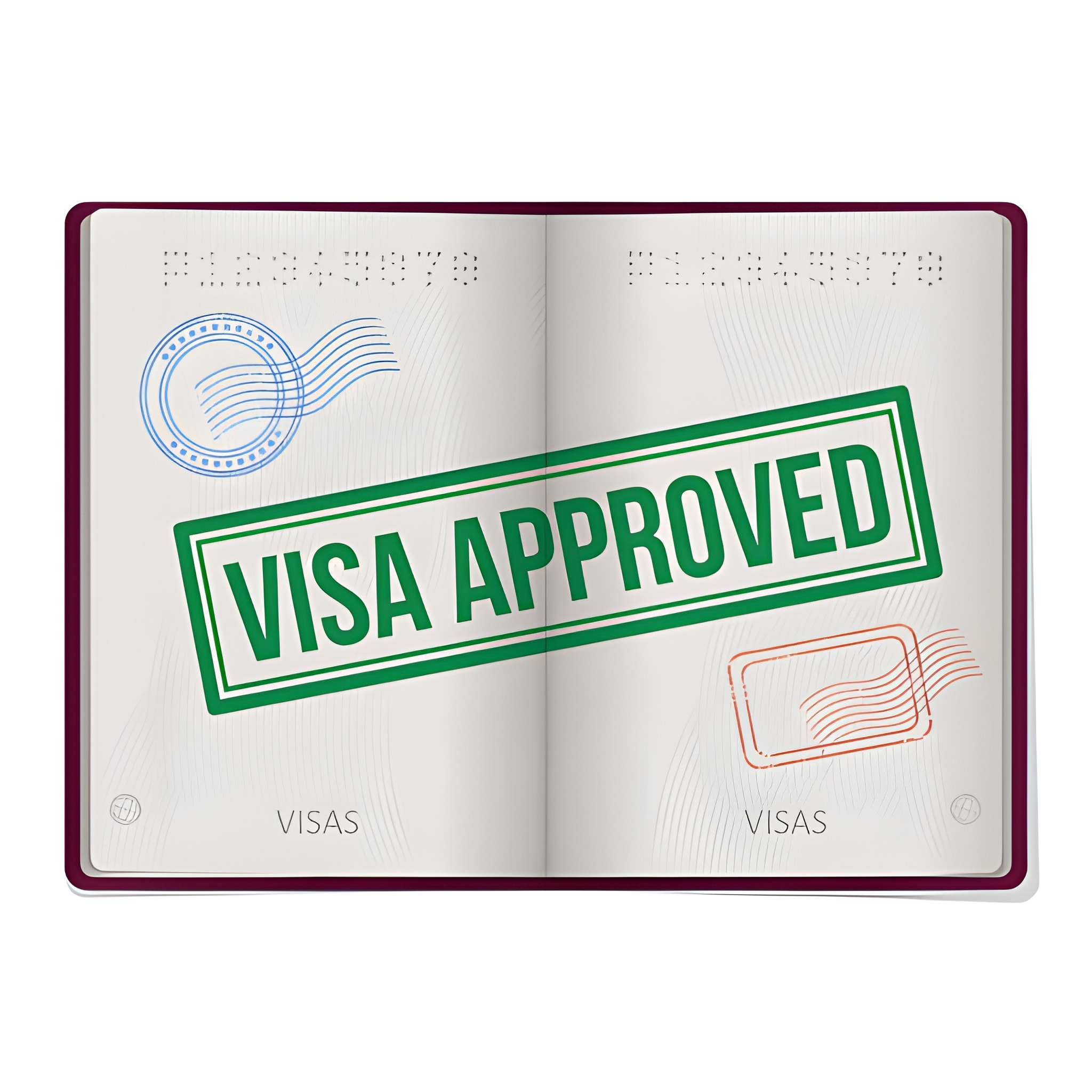Family Sponsorship in Canada
Family Sponsorship in Canada – Reunite with Loved Ones
Bringing your family closer is one of life’s most meaningful steps. With family sponsorship, you can help your loved ones settle permanently and build their future alongside you.

How Family Sponsorship Works in Canada
The family sponsorship program lets Canadian citizens and permanent residents sponsor close relatives for permanent residency. Options include sponsoring a spouse, dependent children, parents, or grandparents. With the right guidance, sponsoring a family member to Canada becomes a smoother, faster, and stress-free process.
Who Can You Sponsor?
The program supports sponsoring a family member to Canada under defined categories. Eligible family members include:
- Spouses and common-law partners
- Dependent children
- Parents and grandparents
- Orphaned siblings, nieces, nephews, or grandchildren (under 18, unmarried)
By sponsoring a family member, Canadians can create strong family networks and provide newcomers with opportunities to thrive. This pathway reflects Canada’s commitment to family unity and ensures relatives integrate smoothly into Canadian society.


Who Is Eligible for Family Sponsorship in Canada
Understanding eligibility is key before applying. The government sets specific requirements for both the sponsor and the family member being sponsored.
- Sponsor Requirements: To sponsor my spouse to Canada or other relatives, you must be a citizen or permanent resident and at least 18 years old.
- Financial Responsibility: Sponsors must show they can financially support their family members, covering basic needs like food, housing, and healthcare
- Eligible Relatives: The program allows sponsoring spouse to Canada, dependent children, parents, and grandparents, but siblings or extended relatives are generally excluded.
- No Disqualifying Factors: Sponsors cannot have certain criminal convictions, ongoing bankruptcies, or previous sponsorship defaults that may make them ineligible.
Our Step-by-Step Support for Families
Every family sponsorship is unique, and we provide tailored support from start to finish.
Free Assessment & Guidance
We start with a free consultation to check eligibility and build a clear plan for sponsoring a family member to Canada.
Document Preparation
Our experts prepare forms, collect supporting documents, and ensure everything is error-free to avoid delays.
Settlement Help
After approval, we provide settlement tips and resources to make your family’s transition into Canada smooth and welcoming.
Why Choose Northia for Your Sponsorship Case
When applying for family sponsorship in Canada, having the right team can make the process stress-free and effective.
Licensed Immigration Consultants
Our team follows Canadian immigration rules, ensuring your application is accurate, complete, and compliant.
Tailored Support
We offer personalised strategies because each sponsorship case is unique and requires dedicated attention.
Clear Communication
You always know the status of your application, with simple updates and guidance every step of the way.
Trusted by Families
Since 2021, families have trusted us to sponsor my spouse to Canada and other loved ones successfully.
Book Your Free Consultation Today
Start your journey to reunite with loved ones through family sponsorship in Canada. Contact Northia today for a free consultation and personalised plan to bring your family members home.
Frequently Asked Questions
How long does family sponsorship in Canada usually take?
Processing times vary depending on the type of relative and application volume. On average, family sponsorship applications take 12–24 months, but delays can happen if documents are missing or incomplete.
Can I sponsor more than one family member at the same time?
Yes, but it depends on eligibility and financial capacity. For example, parents and grandparents may be sponsored together, but each application must meet requirements, and additional financial support may need to be demonstrated.
Do I need to live in Canada while sponsoring a family member?
Canadian permanent residents must live in Canada to sponsor. Citizens can live abroad if they prove their intent to return once the sponsored family member receives permanent residency and moves to Canada.
What kind of financial proof is required for sponsorship applications?
Sponsors may need to show tax returns, employment letters, or bank statements. The income requirement ensures that sponsors can provide housing, food, and healthcare support for their relatives without relying on government aid.
Can students or temporary workers sponsor relatives in Canada?
No, only permanent residents or citizens are eligible sponsors. Students, visitors, or temporary workers cannot apply until they obtain permanent status. This rule ensures family members receive lasting settlement support in Canada.
Is there an age limit for sponsoring parents or grandparents?
There is no strict age limit for the relative being sponsored, but sponsors must meet financial requirements and agree to provide long-term care for parents and grandparents to ensure their well-being in Canada.
Are medical exams required for sponsored relatives?
Yes, all sponsored relatives must undergo medical examinations. This requirement ensures that incoming family members meet Canadian health standards, protecting both the healthcare system and the individual’s long-term well-being in Canada.
What happens if my family sponsorship application is refused?
If refused, you can appeal the decision or reapply with stronger evidence. Reviewing refusal reasons, correcting mistakes, and submitting additional supporting documents can greatly improve success in subsequent sponsorship attempts.
Can I apply for sponsoring a family member to Canada while abroad?
Yes, Canadian citizens living overseas may apply as long as they prove plans to return. Permanent residents, however, must physically live in Canada during the entire sponsorship application process.
Do sponsored relatives get immediate permanent residency after approval?
Yes, once approved, relatives are granted permanent resident status. They can live, study, and work in Canada, with the option to apply for citizenship after fulfilling residency and other requirements.

